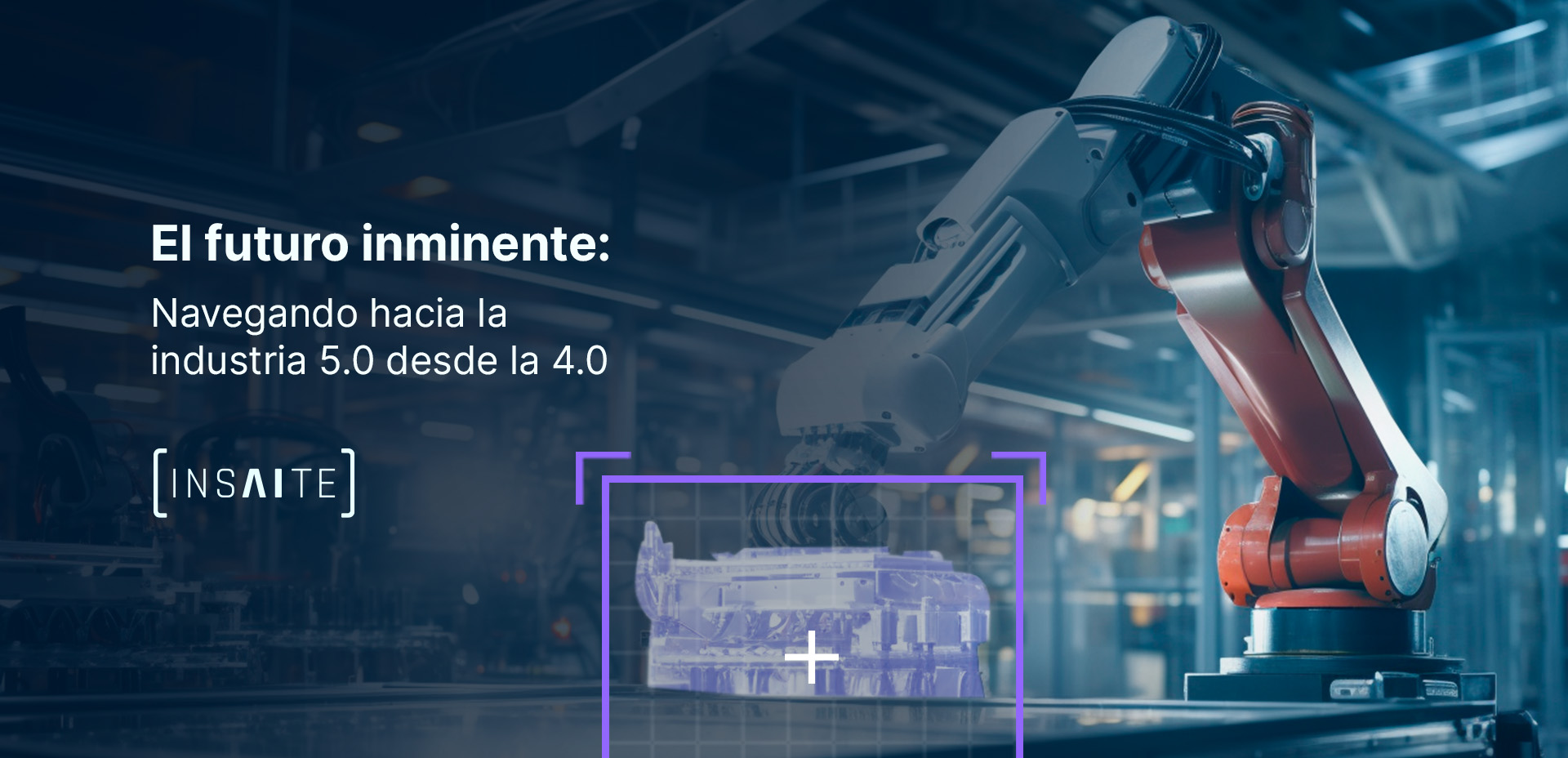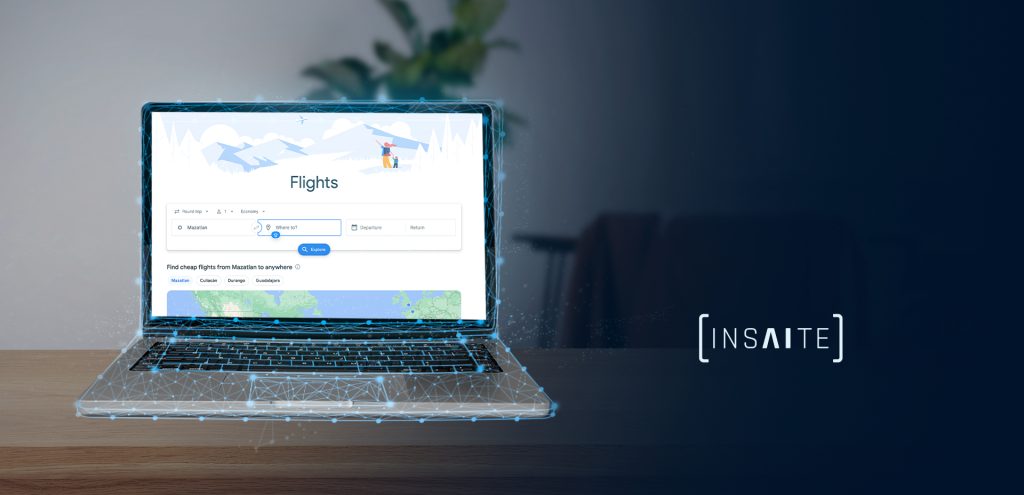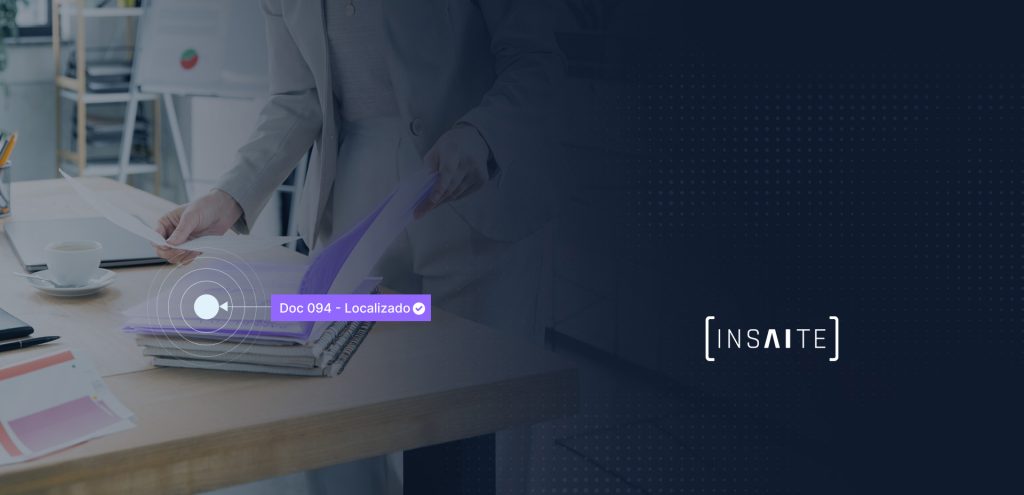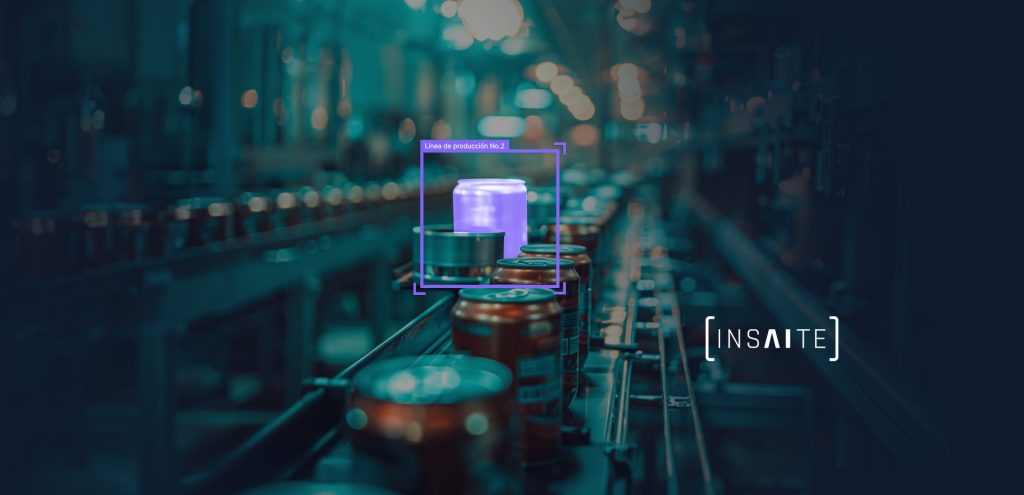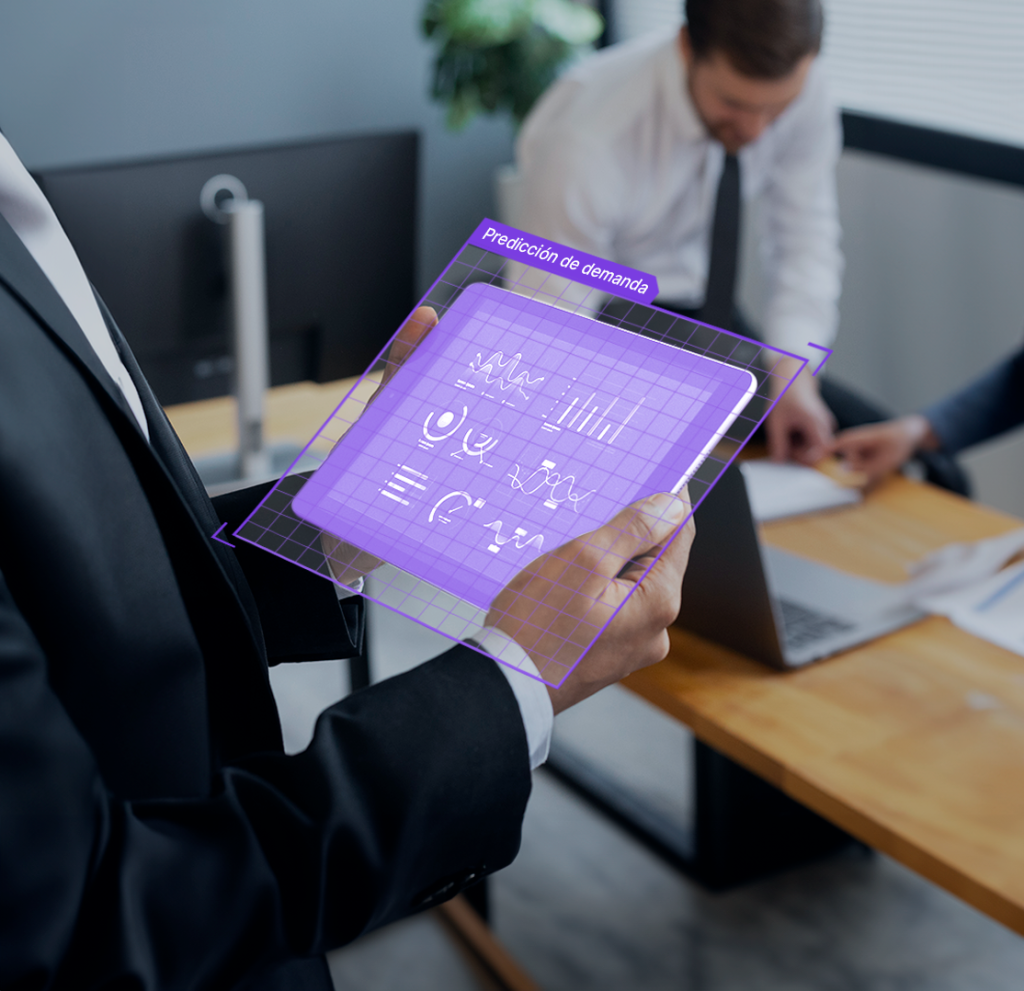The industry is undergoing an unprecedented transformation propelled by the Fourth Industrial Revolution, characterized by the convergence of digital, physical, and biological technologies, giving rise to new production, management, and distribution methods.
One of the key technologies driving Industry 4.0 is artificial intelligence, enabling companies to automate processes, enhance efficiency and precision, as well as personalize products and services.
In this article, we’ll explore the evolution from Industry 4.0 to Industry 5.0 and examine how AI plays a crucial role in this process.
Industry 4.0: Automation and Connectivity
Industry 4.0 focuses on automating and connecting industrial processes. This is achieved through technologies such as the Internet of Things (IoT), robotics, or augmented reality. In the case of IoT, it enables real-time data collection and sharing, information used to improve process efficiency, identify potential issues, and optimize production.
On the other hand, robotics automates repetitive and hazardous tasks, freeing workers to focus on more complex and creative endeavors.
Augmented reality allows workers to see additional information about their surroundings, enhancing safety, productivity, and efficiency.
Industry 5.0: Man-Machine Collaboration
Industry 5.0 extends beyond the automation and connectivity that characterize 4.0, focusing on man-machine collaboration, where humans and machines work together to create a more efficient, safe, and sustainable production environment.
Artificial intelligence plays a pivotal role in Industry 5.0 by enhancing communication and collaboration between humans and machines, automating tasks too dangerous or complex for humans to perform.
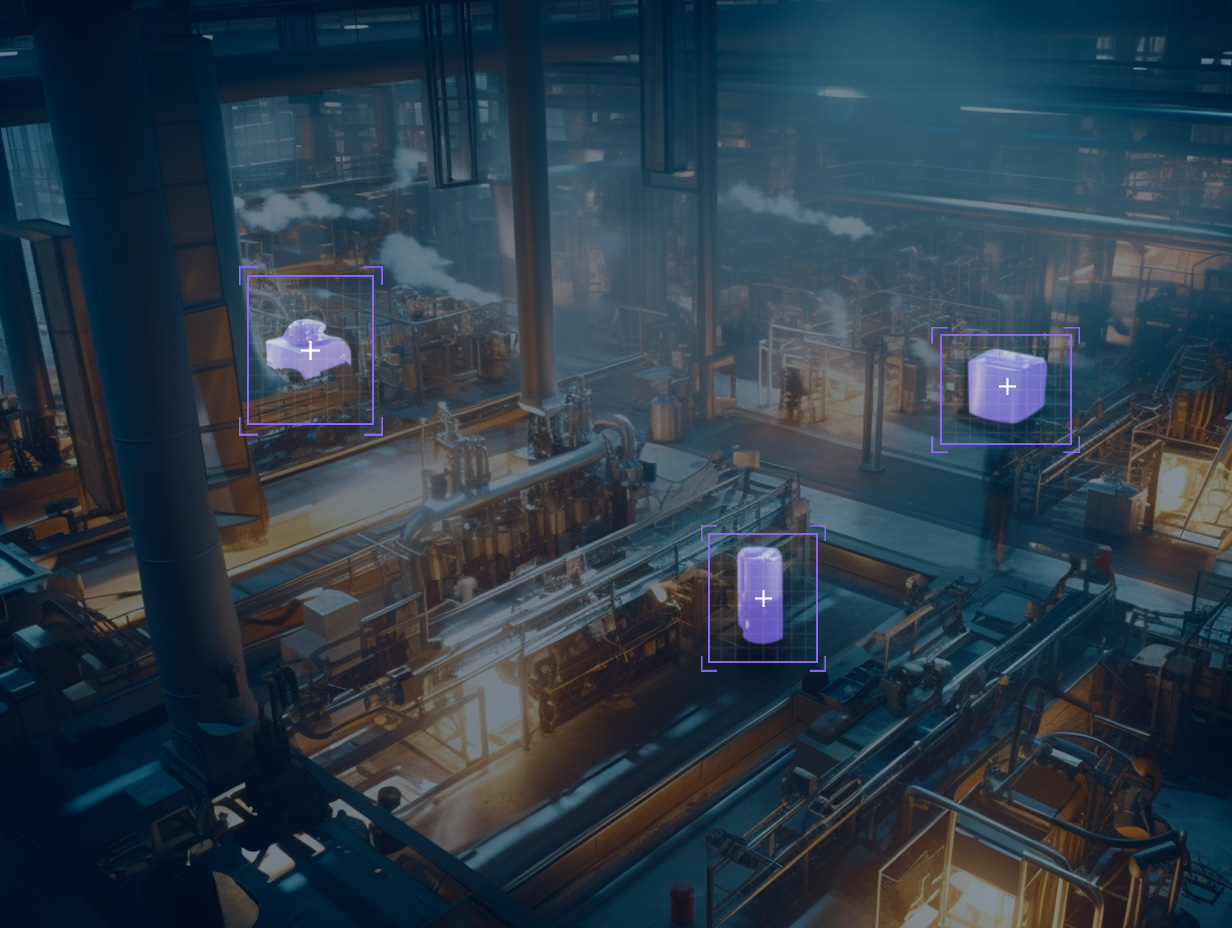
How AI is Transforming the Industry
It’s no secret that artificial intelligence is changing how we work, directly impacting industries across all sectors, transforming processes and outcomes. Some examples of this impact include:
- Process Automation: AI is used to automate repetitive and hazardous tasks, allowing workers to focus on more complex and creative tasks.
- Efficiency Improvement: Real-time data collection and analysis help companies identify potential issues and optimize production.
- Personalization of Products and Services: Gathering customer data allows companies to personalize products and services to meet individual needs.
Considering AI’s impact, it has the potential to transform all aspects of the industry, from production to logistics and marketing. Some of the most promising AI applications in Industry 5.0 include:
- Intelligent Robotics: Developing autonomous robots capable of safely and efficiently performing complex tasks.
- Predictive Maintenance: Analyzing sensor data to predict machine breakdowns, enabling preventive maintenance.
- Supply Chain Optimization: Efficiently managing the supply chain, reducing costs, and improving flexibility.
- Personalized Marketing: Customizing products and services to meet individual customer needs.
Challenges of Industry 5.0
Industry 5.0 also presents several challenges that need to be overcome. Some of the most important challenges include:
- Lack of Digital Skills: Industry 5.0 requires workers with advanced digital skills. Companies must invest in training their workers to adapt to this new reality.
- Cybersecurity: AI generates large amounts of sensitive data. Companies must adopt cybersecurity measures to protect this data.
- Privacy: AI is used to collect and analyze vast amounts of personal data. Companies must respect the privacy of their customers’ data.
Recommendations for Companies
If you’re planning to transition your company from Industry 4.0 to 5.0 to enhance production performance, here are four key points to achieve it.
- Assess Your Needs: Before investing in AI, it’s important to assess your specific needs. What tasks do you want to automate? How do you want to improve your process efficiency?
- Choose the Right Technology: Numerous AI platforms are available in the market. It’s crucial to select the platform that best suits your specific needs.
- Train Your Employees: AI can change how your company works. It’s essential to train your employees on how to effectively use AI. AI is a powerful technology with the potential to transform the industry.
Companies embracing AI now will be better positioned to leverage the opportunities offered by Industry 5.0.
The 5.0 Revolution Is Here
Artificial intelligence plays a fundamental role in the industry’s evolution. As it continues to develop, we’ll likely witness further changes in production and consumption.
Companies embracing AI now will be better positioned to leverage the opportunities offered by Industry 5.0.
In the case of Insaite, we guide you at every step to take your company to the next level with artificial intelligence.
